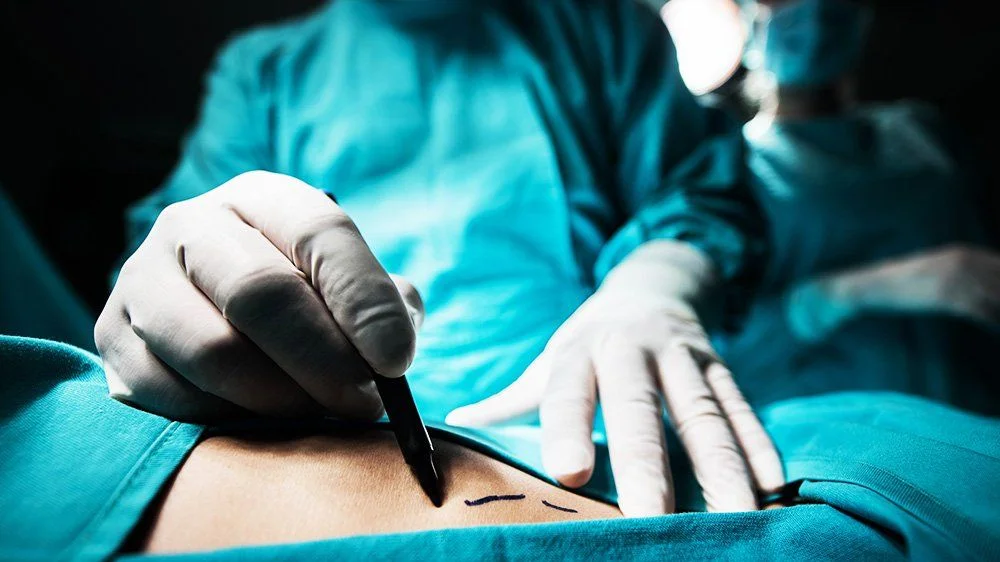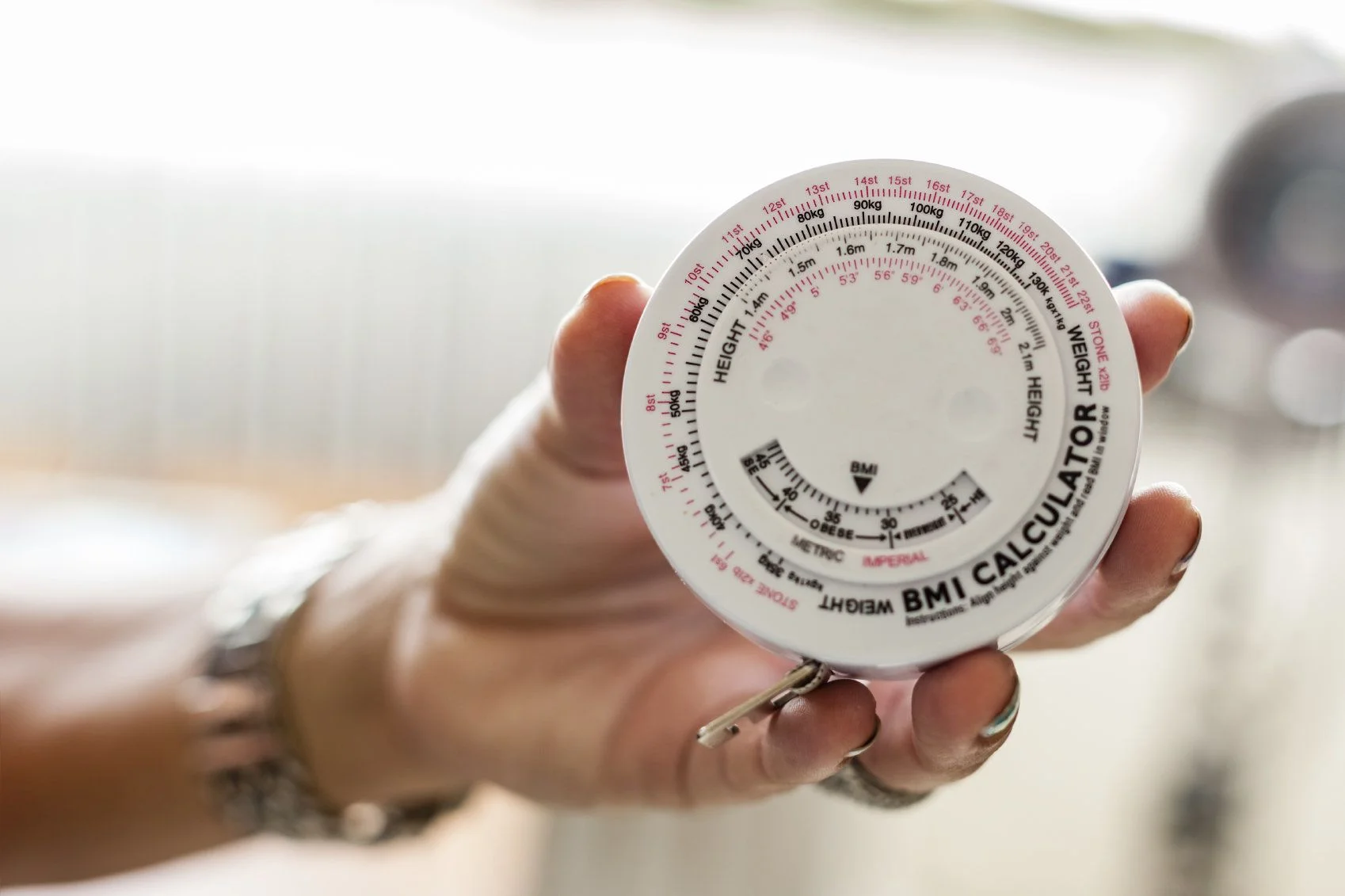Gastric Bypass is a type of weight-loss surgery that involves creating a small pouch from the stomach and connecting the newly created pouch directly to the small intestine. Afterwards, when food is swallowed it will go into this small pouch of the stomach and then directly into the small intestine, which bypasses most of the stomach and the first section of your small intestine.
What is gastric bypass surgery?
Gastric bypassis done when diet and exercise haven't worked or when you have serious health problems because of your weight. Gastric bypass is a surgical procedure that helps those with obesity to lose weight and improve their health. By decreasing the stomach size and changing how the stomach and small intestine absorb food, weight loss becomes easier. This procedure is also called a Roux-en-Y gastric bypass. Gastric bypass is one of the most commonly performed types of bariatric surgery.

Why is gastric bypass performed?
Gastric bypass is a weight loss procedure that can help reduce your risk of potentially life-threatening weight-related health problems, including:
Gastroesophageal reflux disease
Heart disease
High blood pressure
High cholesterol
Obstructive sleep apnea
Type 2 diabetes
Who’s a candidate for gastric bypass?
You must have a certain body mass index (BMI) to qualify for surgery. You may qualify for surgery if:
Your BMI is 40 or more. This means you’re about 100 pounds overweight.
Your BMI is 35 or more and you also have a qualifying medical condition (for example, high blood pressure, type 2 diabetes, or sleep apnea).
BMI is used to determine your risk for weight-related diseases. If you don’t qualify for bariatric surgery, there are other options like endoscopic treatments and medically supervised treatments.

Why should I considergastric bypass Surgery?
As with any surgery, there are advantages as well as disadvantages of undergoing gastric bypass surgery. Weight loss surgery can significantly improve your health and free you to pursue the active and happy life you deserve. The advantages ofgastric bypasssurgery include:
Significant and lasting weight loss:By changing the gastrointestinal anatomy, certain bariatric procedures allow for significantly less food consumption, and affect changes in your intestinal hormones that reduce hunger and increase your feeling of fullness. The studies also indicate that most patients can maintain long-term weight loss after surgery.
Improves or resolves related conditions:Bariatric surgery has proven to significantly improve diseases caused or worsened by obesity, including heart disease, hypertension, stroke, sleep apnea, arthritis, asthma, acid reflux, and more. It has also been shown to reduce type 2 diabetes drastically.
Longer life:The exceptionally low mortality rate is truly remarkable, considering that most patients affected by severe obesity are in poor health and have one or more life-threatening diseases at the time of their surgery.
What are therisks associated with gastric bypass surgery?
As with any major surgery, gastric bypass and other weight-loss surgeries pose potential health risks, both in the short term and long term. Risks associated with the surgical procedure are similar to any abdominal surgery and can include:
Excessive bleeding
Infection
Adverse reactions to anesthesia
Blood clots
Lung or breathing problems
Leaks in your gastrointestinal system

Longer-term risks and complications of gastric bypass can include:
Bowel obstruction
Dumping syndrome, causing diarrhea, nausea, or vomiting
Gallstones
Hernias
Low blood sugar (hypoglycemia)
Malnutrition

What is recovery like after a gastric bypass?
Gastric bypass surgery usually takes 1.5 to 2 hours. Most patients stay in the hospital for 1 to 2 days and return to work in 2 to 4 weeks. After surgery, you move through a staged meal plan which consists of:
Clear liquids, such as water and broth for 1 day
Protein drinks for the next 9 days
By day 11, smooth foods (such as yogurt and oatmeal) are included
By 3 weeks, soft foods (such as chicken, eggs, and well-cooked vegetables) are included
By 7 weeks you should be able to eat almost any food
Conclusion
Gastric bypass surgery is a common and effective weight-loss procedure, but like all surgeries, it carries certain risks. Short-term risks include excessive bleeding, infection, adverse reactions to anesthesia, and blood clots. Long-term complications can include malnutrition due to changes in the body’s ability to absorb nutrients, stomal stenosis (narrowing of the connection between the stomach and intestine), “dumping syndrome” where food moves too quickly from the stomach to the small intestine, and in rare cases, peritonitis (inflammation of the lining of the abdominal cavity) due to a stomach leak.
Read more: